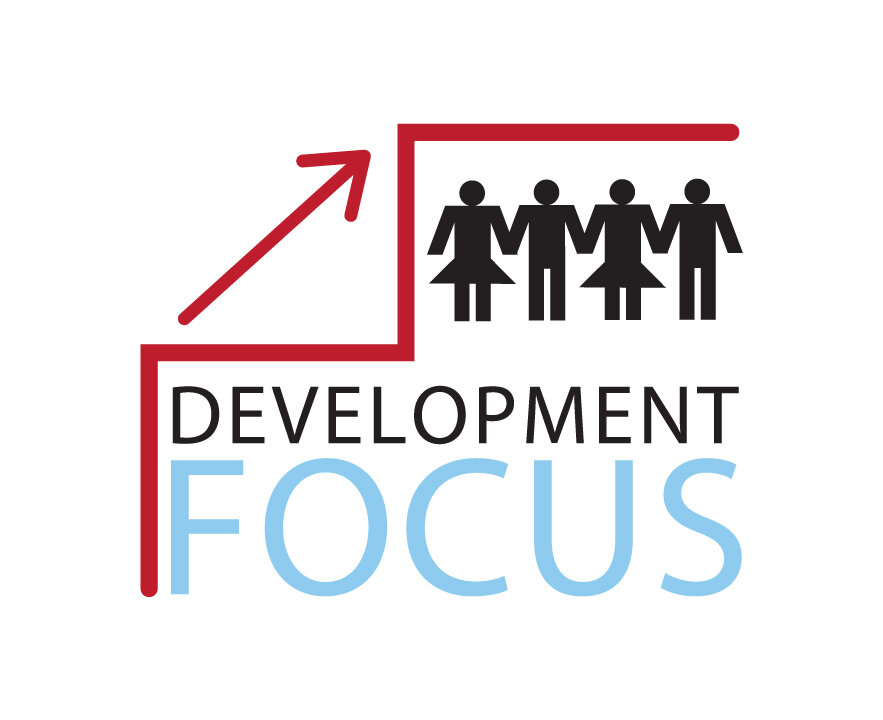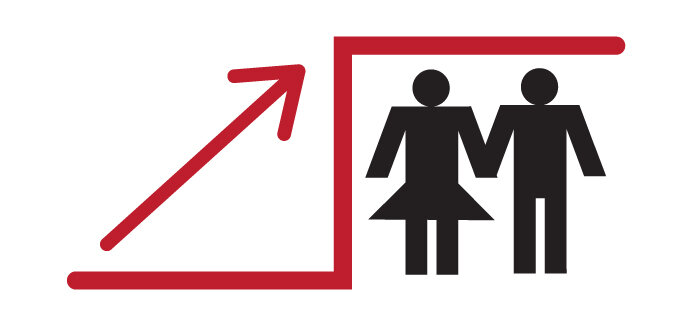
Computer Based Functional Literacy Programme
Making poor adults functionally literate using IT tools
India is one of the fastest growing economies in the world in recent times. The increase in income has, no doubt, contributed to the overall development of the country from a backward economy to a developing economy. However, the miserable living conditions in remote villages have created ‘islands of prosperity’ within the new India. The increase in inequality in the income distribution and regional imbalances are increasing along with the so called fast economic growth. In many parts of the country the enrolment levels in schools and literacy rates are far below the desirable levels. For instance, more than a quarter of the total population in the country is still illiterate (26 % as per Census 2011). Again, if we take the average literacy levels of Central India, it lies between 65 to 70 percent which is far below the national average. Illiteracy in its simplest form refers to the inability to read, write and do basic calculations. A person without functional literacy has to face numerous challenges right from household chores to social life. An illiterate person is bound to live with low self-esteem and is incapable to defend or speak for him/herself in any platform. It is beyond doubt that raising the literacy levels is one of the biggest challenges in India.
Using computer software, adults who have missed out on basic education can become functionally literate in 10 weeks’ time. The lessons are interactive, which makes it more interesting. Thousands of adults who have been left behind can catch up through this initiative. Development Focus has been privileged to implement this project, bringing literacy to remote and neglected communities in the country. The project has been implemented for over 4 years, but the impact it has created in terms of the coverage and transformation of individuals has been great. The capabilities it has built among thousands of beneficiaries in backward areas of three states are unparalleled. In the first year, the project was implemented in the state of Odisha reaching out to communities in extremely poor districts. In the second and third years it was implemented in three states - Odisha, Chhattisgarh, and Karnataka. Overall, over 133,600 Learners have been covered. Considering that over 91% of the beneficiaries were from excluded communities and 62% women, it has been a worthwhile effort. We plan to reach out to more districts and states.
A major highlight of the project is the way it relates to the local community by being community anchored. An Adult Literacy Committee was formed in each of the 1,125 villages where this project was implemented. This committee took the ownership to identify a Facilitator for the classes, select the Learners and to ensure that the project was effectively implemented. At the end of each session, the Learners were grouped into Learners’ Clubs, where the learning activity is being sustained. All this was made possible by the 18 local Implementing partners who were involved in the planning, execution, monitoring and reporting. The project was steered by 45 supervisors and 1,125 facilitators. Each Facilitator used a laptop, speakers, projector, and a UPS (wherever required) to conduct the classes in audio-visual form. Batches of 20 learners were taught over a period of 10 weeks and towards the end of the project year more than 160 learners had been covered in each of the selected villages. At the end of the course, the learners took an internal test to assess their learning levels. In addition, over 10,500 learners appeared for the examination conducted by National Institute of Open Schooling in collaboration with Saakshar Bharat Mission. This Literacy project was thus unique, not only in terms of coverage but also its effectiveness in a short span of time.
“I could go to school only for 2 years because of my family situation. I grew up as an illiterate person, was married and later elected as a Panchayat Raj Institution member in my village. I felt ashamed and embarrassed since I could not read the official circulars that came to our village council. When I heard of the Adult Literacy classes, I was the first to enrol. I have not only learnt to read and write, but my self-confidence is greatly boosted. I can now read the circulars that come to our village council and can discuss issues with confidence. I have made sure that several poor families in my village can avail government schemes like, old age pension, ration card etc. I have also encouraged many other women to attend the classes and become functionally literate.”
— (Rukmini, a 36-year-old Learner from Paikmal Block of Odisha)
The project has made a positive impact. It has transformed the decision-making power of thousands of marginalized people of whom over 80,500 Learners were women. This is significant, since women, in these areas normally play a passive role in the decision-making process. The Programme was a real eye opener for them. 91% of the beneficiaries are from the most marginalised sections of society or from the bottom of the social pyramid - 43% from tribal communities, 28% from other backward castes and 21% from schedule castes.
The biggest contribution of the project is the capabilities it has built among large number of marginalized women and men. These positive outcomes will be passed on to many generations. Many women admitted that before these classes they were not only embarrassed by their inability to read, but they had also been taken for granted due to their illiteracy. They were cheated in the marketplace since they were unable to count money and make simple calculations. They recalled how being illiterate prevented them from communicating effectively. Several of them have started small enterprises after the course or expanded the small business they were involved in. Many of the Learners came to know about available government schemes in their classes. One of the activities in the post-course learner’s clubs is to access schemes that can benefit them.
Many beneficiaries shared their experience on how the freedom and ability to read and write has removed fear of people out of their minds. It had emancipated them from darkness and has given them a new sense of direction in their lives. PratimaNayak who belongs to a SHG group in her village says that she used to depend on others to fill up withdrawal and deposit forms in the bank. She can now do it herself with confidence. Sarmita Pradhan, from Siripanka village of Daringbadi block in Kandhamal is incredibly happy since she can calculate her daily earnings from the leaf plate making business that she is involved in.
Impacts of the Project
● Beneficiaries have shed the tag of being “Illiterate”, which they felt was written on their forehead.
● Self-confidence and self- esteem have greatly improved after the course.
● They are questioning harmful Social and Cultural practices such as child marriage, alcoholism, caste system etc. and are ushering gradual change.
● Beneficiaries have become more active in their villages. New businesses have started, existing businesses are growing.
● They read the newspaper and discuss current events
● They take greater interest in their children’s education and help them study
● They have greater control over their personal finances. They can fill bank challans, read passbooks and count their money. They are not easily cheated in the marketplace.
● Women in the villages have started taking leadership positions in the panchayats leading to better representation and participation.
The Adult Literacy Project has been a milestone in building a strong foundation for the development of 1,125 villages across three states of India. The successful completion of the project has given us the necessary impetus to take this project further to empower marginalized sections of our society. This flame kindled by Development Focus in collaboration with our implementing partners and community members, has the power to light the whole country if taken forward with right vision.



